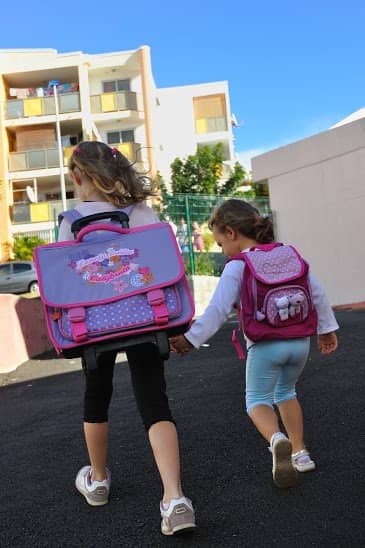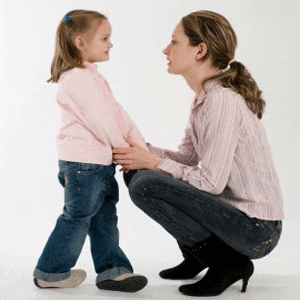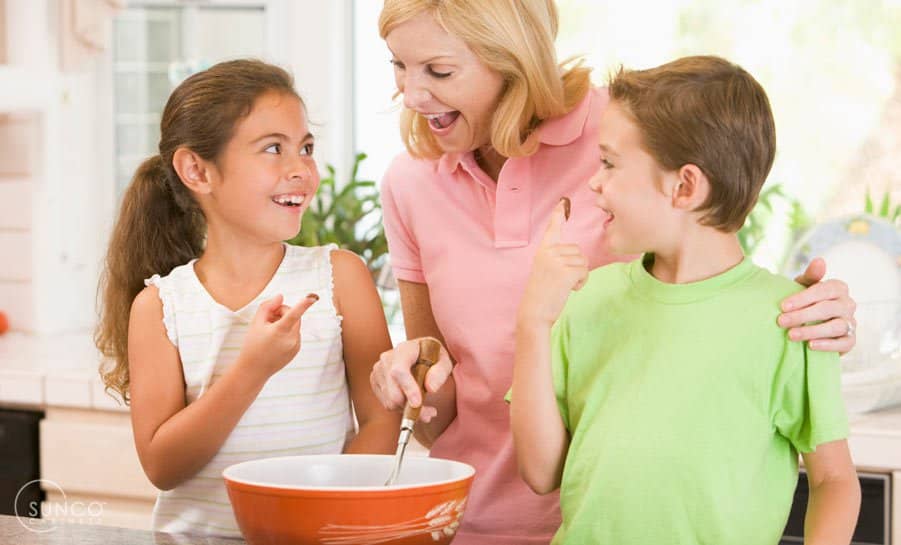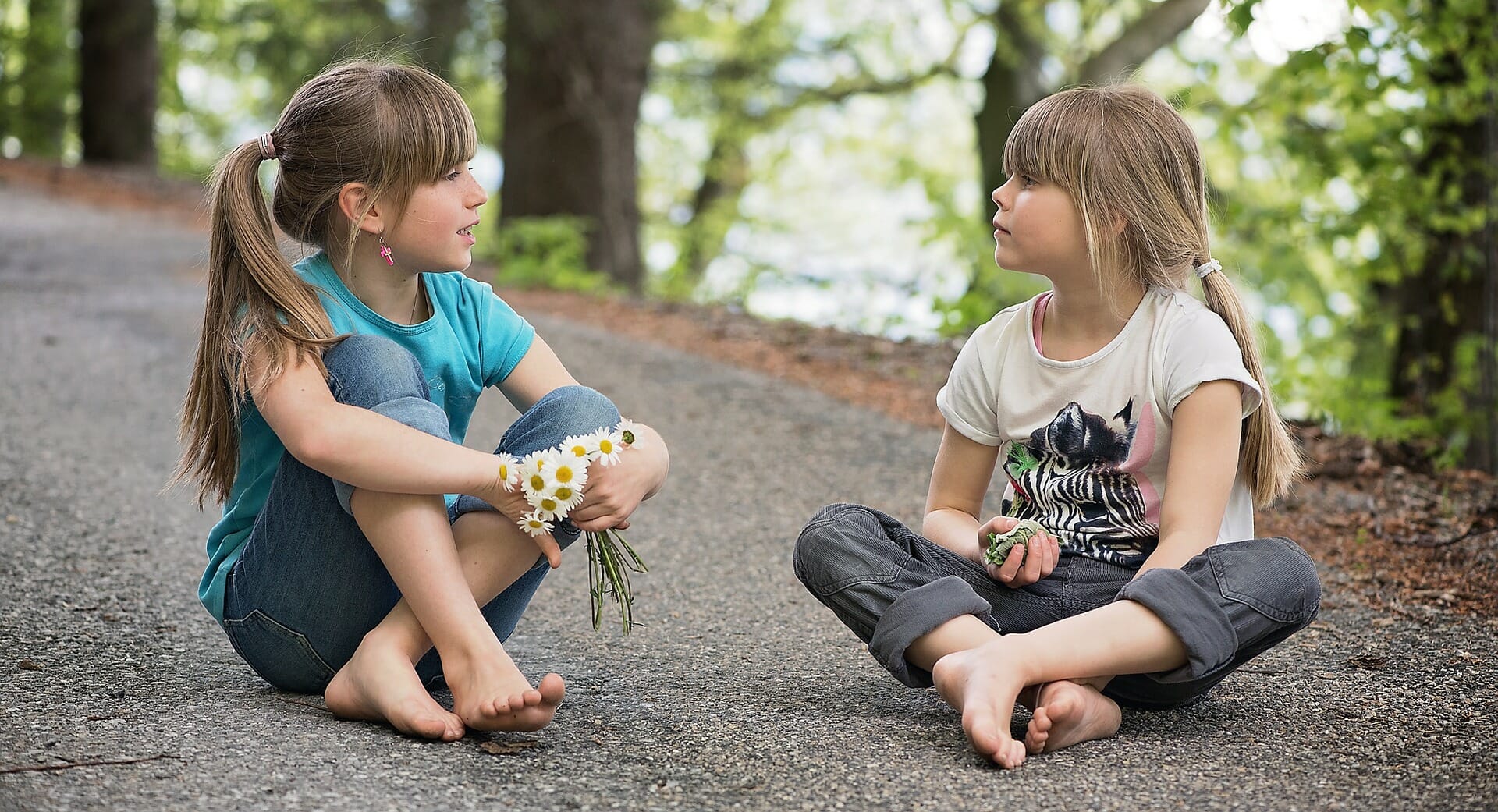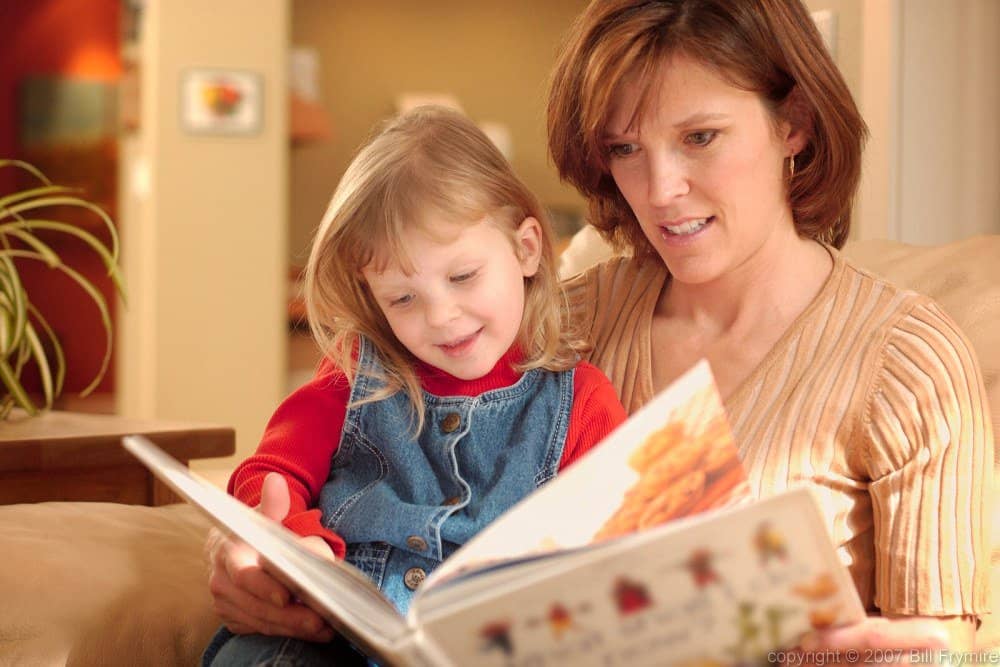Divorce can feel like a stormy sea, filled with emotions and uncertainty. To help calm the waters for your kids, it’s very important to keep the lines of communication open and positive. A friendly, respectful dialogue can make all the difference for your family.
Here are some helpful tips and strategies to ensure your conversations with your kids stay bright and supportive during this hard time.
Listen and Validate Their Feelings.
Encourage your kids to talk about how they feel about the divorce. Make sure you listen carefully to what they say and show that you understand. Let them know it’s okay to feel sad, angry, or confused. By doing this, you show them that their feelings are important and valid. This will help them feel heard and supported during this tough time. Remind them that you’re there for them and that it’s normal to have these emotions.
Provide Reassurance and Stability.
Reassure your children that the divorce is not their fault and that both parents still love them. It’s important to keep their routines and expectations consistent to provide a sense of stability during this transition. For example, if your child always has a bedtime story before bed, make sure to continue this tradition. This helps them feel secure and shows them that, despite the changes, some things will stay the same.
Avoid Negative Remarks About Your Ex.
Don’t say bad things about your ex-spouse in front of your kids. This can make them feel torn between their parents and more upset. Instead, focus on creating a positive environment for your children. Remind yourself that your kids love both of you and need to feel that it’s okay to do so. By avoiding negative comments, you help them feel safe and loved by both parents. Encourage them to have a good relationship with your ex, which will help them adjust better to the changes in the family.
Encourage Open Communication.
Make sure your kids feel safe to talk about their thoughts and feelings. Regularly ask them how they’re doing and be ready to have tough talks when needed. Let them know they can always come to you with anything on their mind. For example, set aside some time each evening to talk about their day and how they’re feeling. This helps them feel supported and understood. If your child mentions they’re feeling sad about not seeing the other parent as much, listen and reassure them that it’s okay to feel that way.
Communicate Stability, but Don’t Be Afraid to Show Emotion.
When talking with your kids about the divorce, try to stay calm and in control. This helps them feel more stable during a chaotic time. But it’s also good to share your own feelings with them. Let them know when you feel sad, anxious, or upset, and tell them what you’re doing to feel better. This shows them that it’s normal to have these feelings and gives them words to describe their own emotions. It also teaches them healthy ways to cope.
For example, you might say, “I’m feeling a bit sad today, so I’m going to take a walk to feel better.” This balance is important. You don’t want to be overly emotional and make them feel like they need to take care of you. But you also don’t want to be so calm that they don’t feel safe sharing their own feelings. Find the right balance to help them feel secure and understood.
Be Honest When Answering Questions.
Being honest is really important for two main reasons.
First, kids are smart and can tell when you’re not being truthful. If they sense dishonesty, it can make them feel angry or resentful.
Second, if you don’t give them the truth, they might look for answers on their own or come up with their own ideas, which can make them anxious. By being open and honest, you can help ease their worries.
But remember, honesty has its limits. Share information that’s age-appropriate. For instance, while it’s okay to talk about changes that affect them, you shouldn’t share personal issues like marital problems. Before answering their questions, think about whether your answer will help or hurt.
Use Affirming Words.
Using positive words is a great way to keep a strong bond with your kids after a divorce. Remind them that you love them by saying things like, “I love you” or “I’m so glad you’re my child.” Tell them how amazing they are! Your words can reassure them that your love remains constant, no matter what changes are happening in the family.
And don’t forget to use kind words with your ex, too. Try to stay civil and avoid arguing in front of the kids. It can upset them and lead to unhealthy reactions. Simple phrases like “Thank you for taking care of our kids” can really help.
Be Consistent and Keep Trying.
Consistency is key. After a divorce, your kids might have trust issues, so they need to see that you’re there for them regularly. If you do something nice for them once, it won’t be enough to build trust. This is especially true for teenagers, who might not always want to spend time with you. Keep reaching out, even if they don’t respond to your texts or calls. They need your support more than you need an immediate reply, so keep trying.
Get Help for Better Communication
If you and your ex have trouble talking nicely, think about getting help from a professional, like a family therapist or a divorce mediator. You can get advice from experts at 2houses.com to help you fix this problem. Also, keep our co-parenting app on your phone to help you be a great parent.
Contact us now to start making co-parenting easier and more positive.





